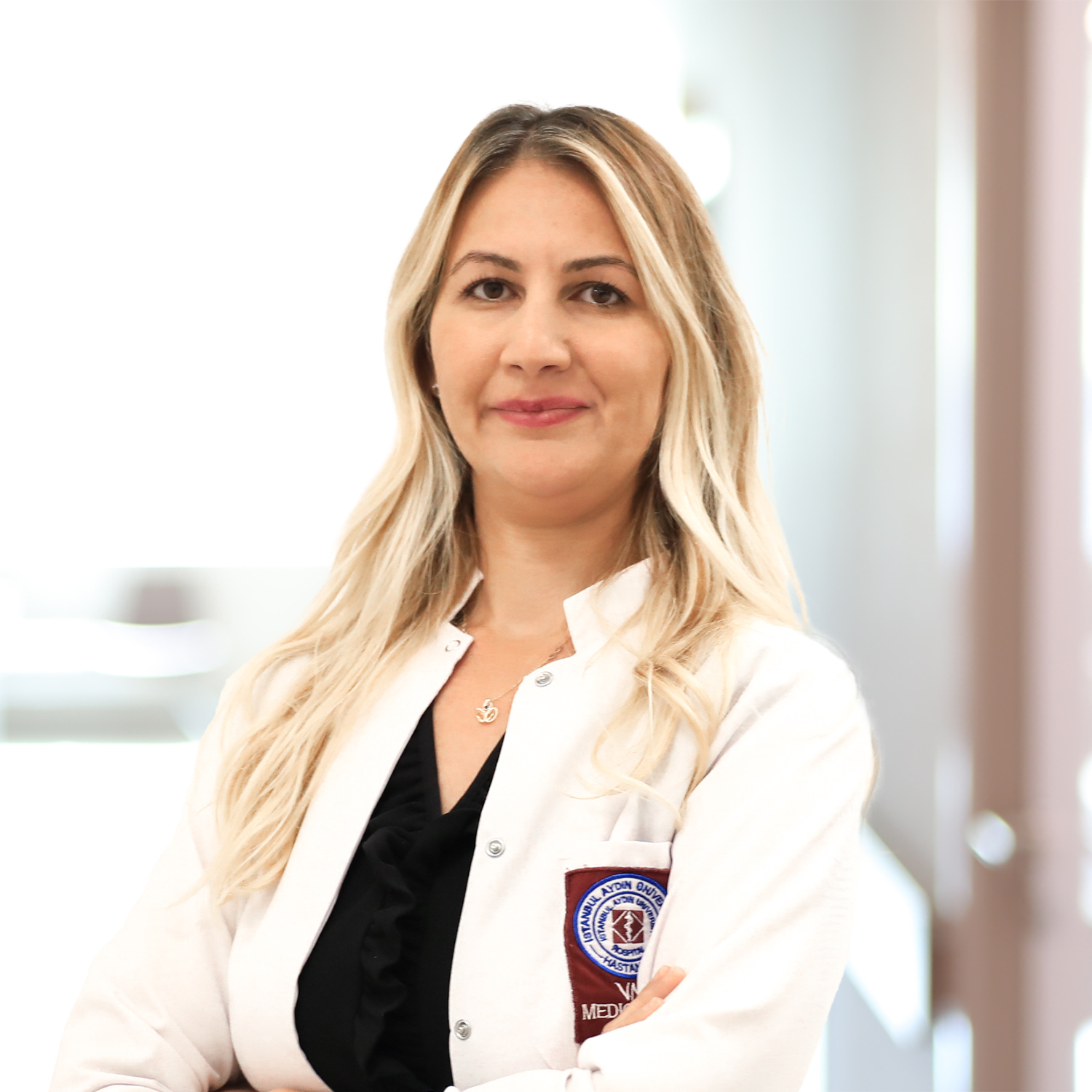Oncology
Make an Appointment
Online Schedule
IntroductionMedical oncology focuses
with early detection, cancer screening, and cancer prevention in addition to treating cancer patients who already have the disease.
Medical oncology: What is it?
In addition to treating cancer patients, the medical specialty of medical oncology also works with cancer prevention, cancer screening, and early diagnosis. Medical oncology thus addresses all facet of cancer. Additionally, the department collaborates with the departments of surgery and radiology to diagnose and treat cancer in order to create a multidisciplinary strategy in light of scientific evidence.
What kinds of therapies are offered?
The course of treatment includes either oral or intravenous administration of medications. However, different cancer types require different treatments. The course of treatment is determined by the histological type of cancer, the organ of origin, and the extent of metastasis. Adjuvant therapy tries to lower the chance of relapse, whereas neoadjuvant therapy prepares the tumor for surgery or protects an organ, and palliative care aims to extend life and improve quality of life in cases with severe disease. Both of these therapeutic options are available.
In what ways does medical oncology operate?
Chemotherapy (medication treatment)
Chemotherapy seeks to eradicate malignant cells that proliferate uncontrollably as a result of specific genetic alterations. The majority of the time, different medications are mixed because each one has a different way of killing cancer cells.
The first time drugs were utilized for chemotherapy was in the early 20th century. Because mustard gas was employed in both the First and Second World Wars and was found to lower white blood cell counts, it was assumed that it would also have the same effect on rapidly proliferating and expanding cancer cells.
In the 1940s, it was given intravenously to treat lymphomas, and in the conditions of the time, it was a successful therapeutic measure. This breakthrough opens the path for research into additional chemicals that might be useful in the treatment of cancer. Chemotherapeutic drugs are being created in large quantities today.
Using Hormones
Hormone-sensitive malignancies, like breast and prostate cancer, are treated with hormonal medications. These medications are typically taken orally.
Injection is another method of administration.
Immunotherapy
Utilizing substances that the immune system naturally produces, cancer cells are recognized and killed by the body’s immune system.
Targeted Biological Therapy
The most significant development in cancer treatment during the past ten years has been the development of biological treatments, which are directed to specific targets carried by cancer cells but absent from healthy cells. Targeted therapies are used to treat a variety of malignancies, particularly breast, colon, and renal cell tumors.
Medical oncology Treats What Kinds of Cancer?
Breast, lung, gastrointestinal, pancreatic, liver, gall bladder and bile duct tumors, head and neck, brain, kidney, and urinary bladder tumors, prostate, malignant melanoma, thyroid, ovarian, cervical, endometrial, testicular, lymphoma, and multiple myeloma cancers are among the cancers that can be treated with medical oncology techniques.
Treatments during the year.
Treatments during the year.
Treatments during the year.


OncologyImmunotherapy
Patients with chemotherapy and radiotherapy need a different protocole.
Pet ct drawing regularly to the patient.
Additional protocols are used in advanced-stage cancers.
Blood tests, pet ct and tomography.
Vaccination & Testing
Our Hospital provide the highest quality care to improve the health of our entire community through innovation, collaboration, service excellence, diversity and a commitment to patient safety






